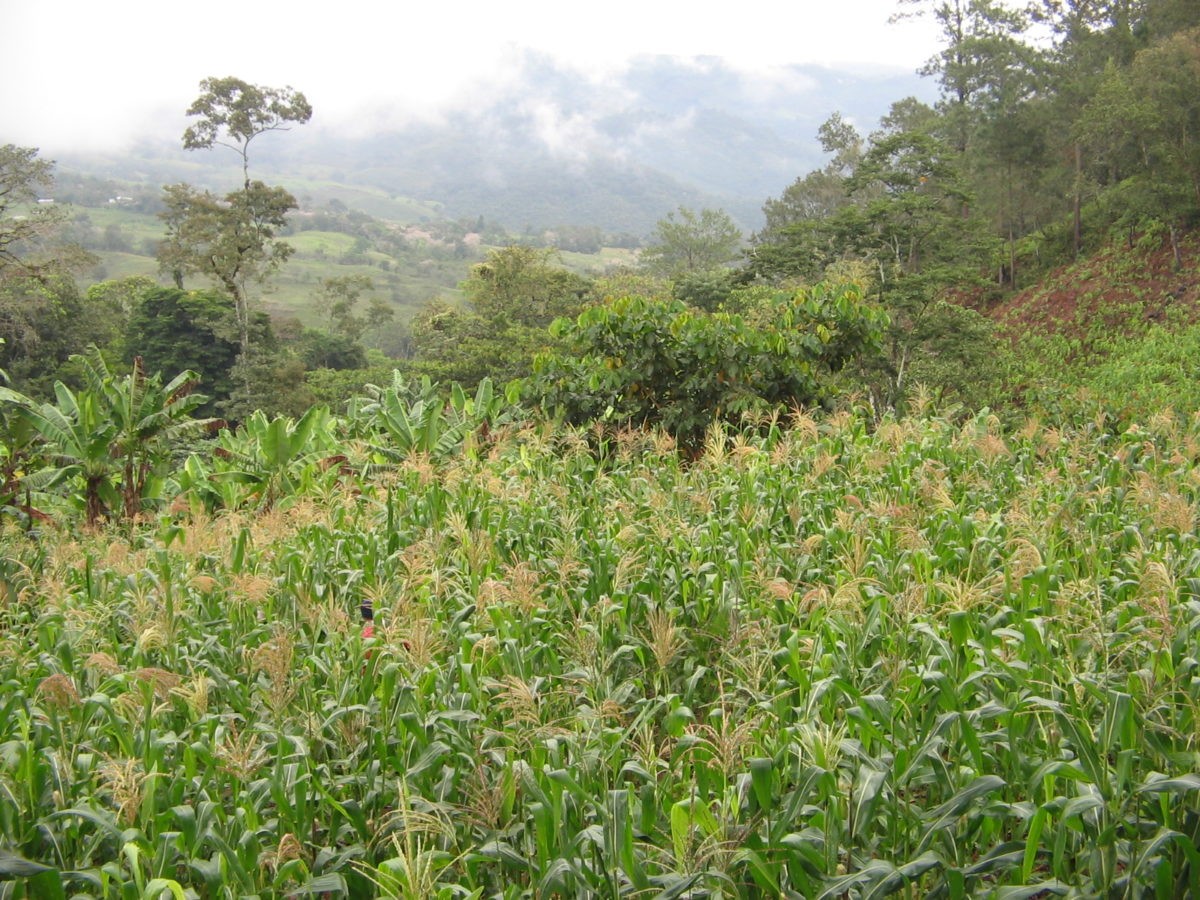Honduras is a country that doesn’t show up in the news very often, especially here in Canada. A quick google search brought up links for travel destinations, World Cup soccer and the free trade agreement which Canada signed with Honduras on October 1, 2014.
The Canada-Honduras Free Trade website lists the population of Honduras as 8.2 million. What it doesn’t say is that there was a U.S. backed coup in 2009 which resulted in the overthrow of the democratically elected president of Honduras. It’s a country where it’s dangerous to challenge power.
1. Berta Cáceres was a leading organizer for Indigenous land rights and the environment in Honduras, a country where that’s a very dangerous thing to be. She was murdered on March 3, 2016. Beverley Bell was a long-time friend and colleague of Cáceres and is co-ordinator of Other Worlds, a women-driven education and movement-building collaborative organization. Other Worlds inspires hope and knowledge that another world is possible, and helps build it. She speaks with Redeye host Jane Williams.
Yet, in the midst of the danger, grassroots community organization continues to flourish.
2. David Barth is the executive director of World Accord, a Waterloo-based aid agency that has done work in Honduran rural communities for 30 years. He shares his perspective on why Honduras is a violent place, and how the violence affects their work.
3. Seed Liberation — In the previous interview, David Barth talked about World Accord’s work with farmer groups who are deeply connected to their mountain communities, maintaining their traditional ways of life while adapting to a changing world. Victoria Fenner went to Honduras in 2010 with World Accord. She did this documentary about Honduran farmer groups for The Green Planet Monitor.



